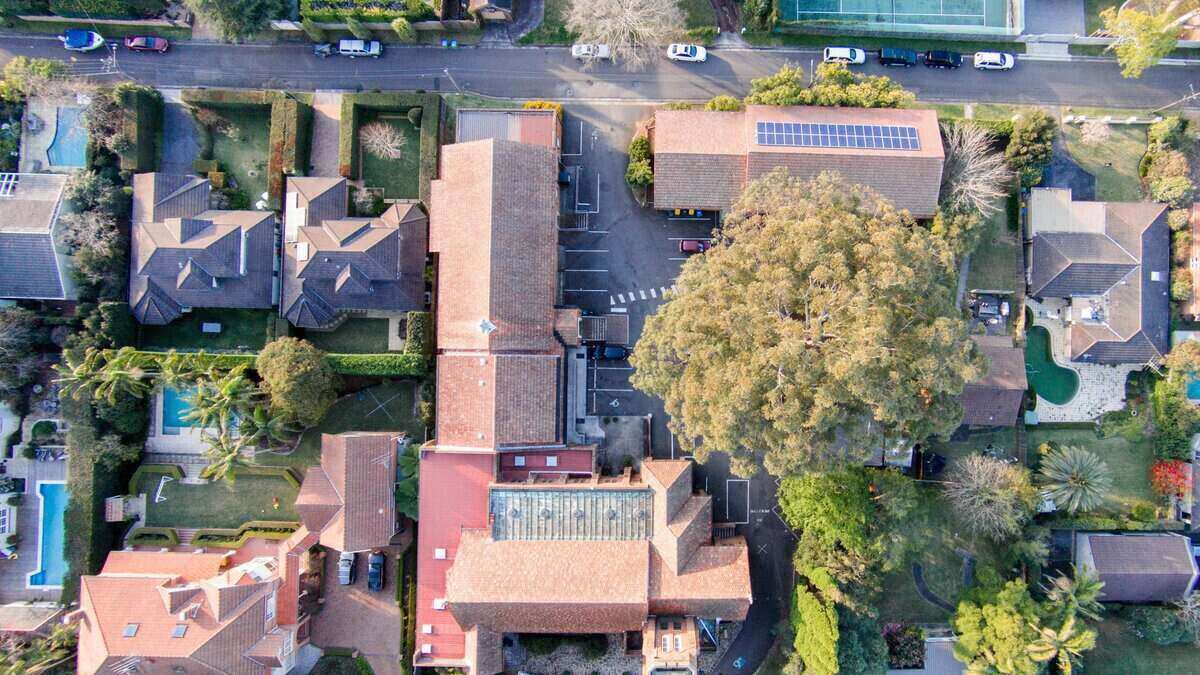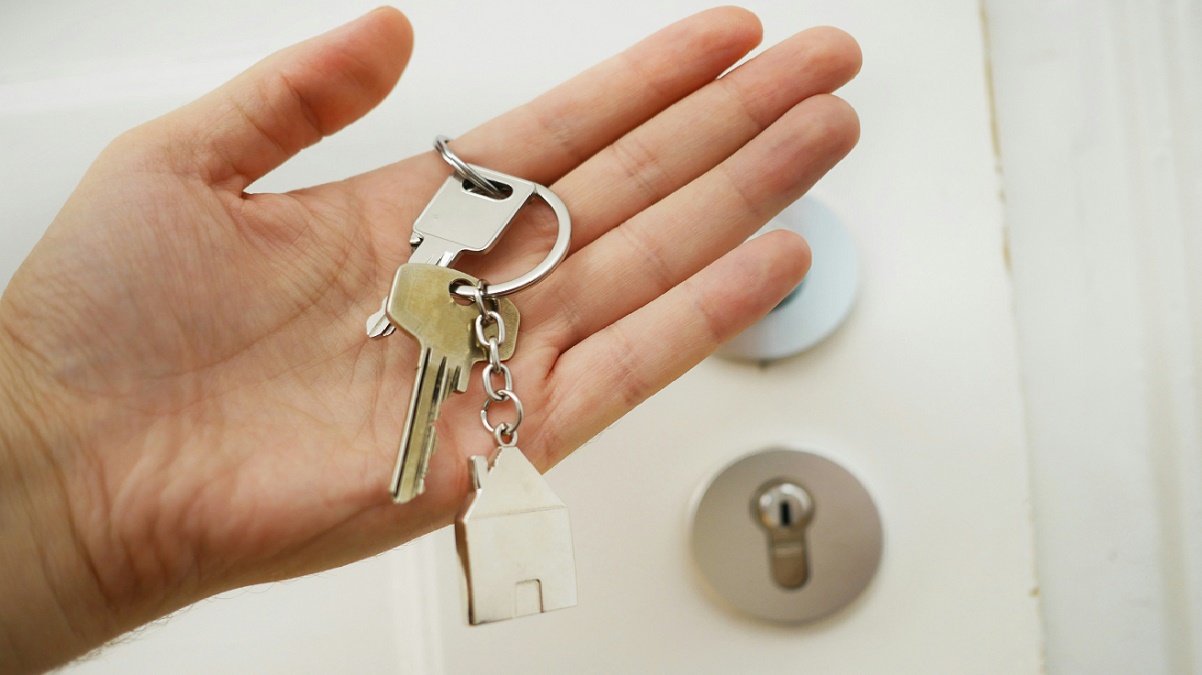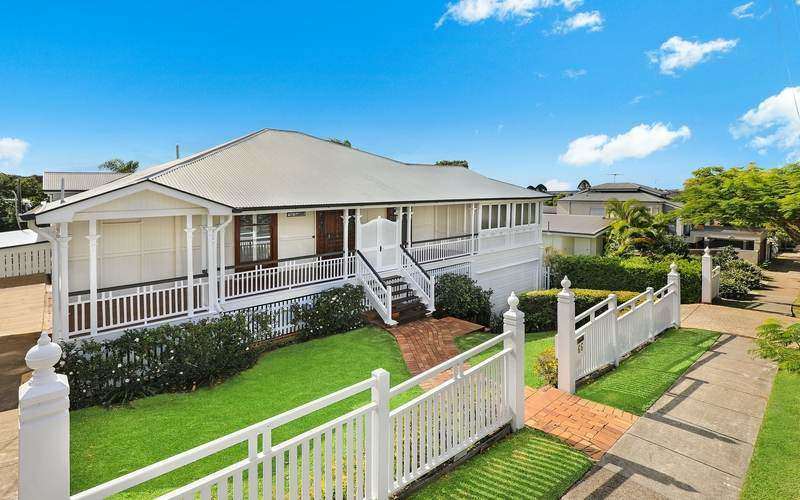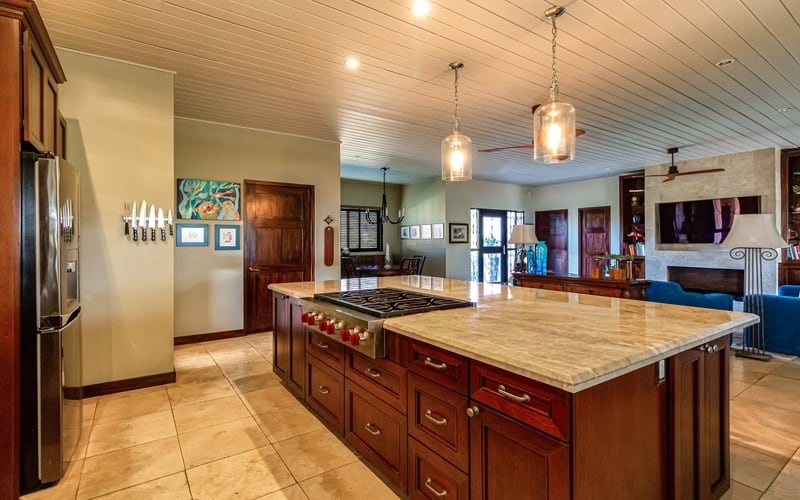After years of sacrifice and saving to put together a deposit for a house, one can easily forget about the other expenses beyond the purchase price. Stamp duty, for example, is one particularly painful expense that is often overlooked by aspiring homeowners, despite it typically costing tens of thousands of dollars - think of how many stamps that money could buy at the post office.
Your outrage notwithstanding though, these are the major additional costs you should expect when buying a home in Australia.
Upfront cost of buying a home
You should expect to incur the following costs before you officially become the owner of the property you're buying.
Lenders Mortgage Insurance
Depending on your loan to value ratio (LVR), your lender may charge you a premium for lenders mortgage insurance (LMI). This is a policy that protects your lender from any loss in the event you default on your loan. Higher LVR loans pose a higher risk of losses for the lender, so are generally charged higher LMI premiums.
When it comes to your home loan deposit, the general rule is 'the higher the better'. A deposit of at least 20% of your purchase price is ideal, as it keeps you above 80% LVR - the general threshold for avoiding having to pay LMI altogether. A higher deposit may also mean lower monthly repayments since you're essentially borrowing less, while making it easier to negotiate a lower interest rate.
If you do need to pay an LMI premium, most lenders will allow you to 'bake' it into the loan - you just borrow a little bit extra to include LMI. Remember though that you'll still be charged interest on this extra amount.
You can estimate how much LMI could cost you with our LMI calculator.
Legal fees
Given how complicated property transactions can be, you will also often need to enlist a solicitor or conveyancer to assist, and typically expect a significant payment for their services (often $1-2k) . A solicitor or conveyancer can prepare the documents you need and be your representative with both the bank and the seller.
Stamp Duty
Stamp duty, also known as transfer duty, is a tax that state or territory governments charge on property transactions. It's a key source of revenue for governments to help them fund schools, hospitals and other public expenses. Stamp duty is often a huge expense to home buyers - typically the biggest upfront expense after the home deposit. If you've heard someone complaining about the cost of buying property, stamp duty was probably mentioned. The cost varies from state to state, as do the various concessions some governments make for certain sections of the community like first home buyers. You might also get hit with fees for registering both the land transfer and mortgage.
To give you an idea of how much stamp duty costs, buying an established home worth $500,000 in New South Wales means paying a duty over $17,000, and two separate fees of $172 for mortgage registration and land transfer (estimated using the Savings stamp duty calculator). Not all lenders will allow you to capitalise this cost into the mortgage, so you should prepare to pay duty fees upfront in addition to your deposit.
Building and pest inspections
Building and pest inspections are a must for any property purchase. It's essential to make sure there are no structural problems with the building itself or that the property is not harbouring a pest infestation before you sign any contract of sale. These inspections will normally cost at least $300, but might be over $800 depending on the size of the property and where it is. You might be able to save a bit by finding a professional who can check both at the same time.
While inspections are optional in theory, buying property without doing this due diligence is to put it simply, crazy. Once the contract is unconditional, you can't turn around and demand your money back no matter how many termite nests you subsequently uncover.
Ongoing costs of buying a home
There are also a bunch of ongoing costs you'll likely incur for as long as you own the property.
Local Council Authority Rates
Council rates are usually charged quarterly and are very specific to your own property. Different councils have different methods for determining the cost of your property's rates, but they're typically indexed against the land value (read more: how land valuations affect council rate charges). Some council rates include water, but over the past 10-15 years it's become common for this to be separate - so you receive a land rate bill from the local council, and get a different bill from your local water authority.
Rates and water charges are not cheap. They will generally run to four figures each year and definitely need to be factored into your budget to ensure you can pay them as well as maintain the repayments on your home loan.
Strata and body corporate
If you've purchased an apartment, unit or townhouse, you could also be up for body corporate or strata charges. These generally cover the maintenance of the shared areas around the property and building insurance for the overall building. It also pays for the admin fees to run the body corp, which is often outsourced.
Home and contents insurance
Like a building and pest inspection, home insurance should be non-negotiable, especially in a country like Australia so prone to natural disaster.
Home insurance protects you against damage to the building and structure of your property. Premiums can vary greatly from property to property, as well as from insurer to insurer, so be sure to research the market well and compare at least two to three policies on not only their price, but other key features like the scope of cover and the excess rate. For example, flood cover is often an optional extra on home insurance policies.
Contents insurance can also be very important for homeowners. This offers protection of your furniture, TV and other prized possessions from things like theft or fire.
Regular maintenance & repairs
It's also a good idea to set aside an amount of money each year for regular maintenance and repairs on your property. These types of expenses tend to be pretty irregular but when they do occur, you'll be grateful to have the money available right away.
This might go towards painting your property, gardening, replacing the dishwasher or even keeping your pool in good shape. Meanwhile, it's also sensible to have a 'repairs' budget so you can promptly address things around the house that break. If, for example, it's your hot water system that packs up, repairs can be urgent, so it's wise to put a little bit aside for these emergencies.
Savings.com.au's two cents
If you're already struggling to just save for a deposit, all these extra expenses might make your pursuit seem hopeless. At the end of the day though, there's a reason home ownership is at the forefront of the Australian dream. Owning property can mean long term security, financial stability and never having to worry about whining landlords again, so it's usually worth it in spite of the cost. You just need to ensure you've factored these other expenses into your budget.
Buying a home or looking to refinance? The table below features home loans with some of the lowest interest rates on the market for owner occupiers.
| Lender | Home Loan | Interest Rate | Comparison Rate* | Monthly Repayment | Repayment type | Rate Type | Offset | Redraw | Ongoing Fees | Upfront Fees | Max LVR | Lump Sum Repayment | Extra Repayments | Split Loan Option | Tags | Features | Link | Compare | Promoted Product | Disclosure |
|---|---|---|---|---|---|---|---|---|---|---|---|---|---|---|---|---|---|---|---|---|
5.54% p.a. | 5.58% p.a. | $2,852 | Principal & Interest | Variable | $0 | $530 | 90% |
| Promoted | Disclosure | ||||||||||
5.49% p.a. | 5.40% p.a. | $2,836 | Principal & Interest | Variable | $0 | $0 | 80% |
| Promoted | Disclosure | ||||||||||
5.64% p.a. | 5.89% p.a. | $2,883 | Principal & Interest | Variable | $250 | $250 | 60% |
| Promoted | Disclosure | ||||||||||
5.64% p.a. | 5.89% p.a. | $2,883 | Principal & Interest | Variable | $248 | $350 | 60% |
| Disclosure |
First published on August 2021
Picture by Joel Henry on Unsplash
Disclaimers
The entire market was not considered in selecting the above products. Rather, a cut-down portion of the market has been considered. Some providers' products may not be available in all states. To be considered, the product and rate must be clearly published on the product provider's web site. Savings.com.au, yourmortgage.com.au, yourinvestmentpropertymag.com.au, and Performance Drive are part of the Savings Media group. In the interests of full disclosure, the Savings Media Group are associated with the Firstmac Group. To read about how Savings Media Group manages potential conflicts of interest, along with how we get paid, please click through onto the web site links.

Ready, Set, Buy!
Learn everything you need to know about buying property – from choosing the right property and home loan, to the purchasing process, tips to save money and more!
With bonus Q&A sheet and Crossword!







 Brooke Cooper
Brooke Cooper














